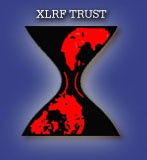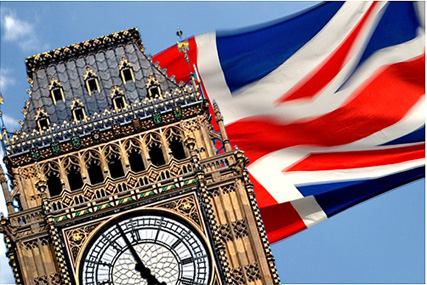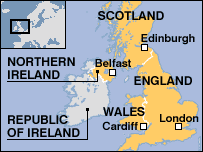 |
||
& believes firmly in its 4E Philosophy -
& pursues the same each day by building GLOBAL CITIZENS
|
|||||||||||||||||||||||||
The United Kingdom is made up of England, Wales, Scotland and Northern Ireland. It has a long history as a major player in international affairs and fulfils an important role in the EU, UN and Nato. The economy - one of the largest in the world - is no longer manufacturing but services-based, with e-commerce of growing significance. The City of London is a global financial centre. The country has not yet adopted the euro currency and the debate continues over when, and indeed whether, it will do so. The government has said a series of economic criteria must be met before the issue can be put to a referendum. In recent years the UK has taken steps to devolve powers to Scotland and Wales. The Scottish Parliament in Edinburgh and the National Assembly for Wales in Cardiff opened in 1999, and the possibility of devolution for the English regions has also been discussed. In Northern Ireland, after decades of violent conflict, the Good Friday agreement of 1998 led to a new assembly with devolved powers, bringing hopes of lasting peace. The assembly was suspended in 2002 amid a row over alleged IRA activities. Its suspension was to last for three and a half years. In a bid to restart the political process and after consultations with Dublin, the UK passed legislation paving the way for the recall of the Northern Ireland Assembly in May 2006. But assembly leaders missed a November deadline to form a power-sharing executive. Assembly elections in the following March led to the eventual swearing-in of the leaders of the power-sharing government on 8 May 2007, ending five years of direct rule from London. Diversity : The UK is ethnically diverse, partly as a legacy of empire. Lately, the country has been struggling with issues revolving around multiculturalism, immigration and national identity. This is against a background of concerns about terrorism and political and religious radicalism, heightened after the suicide bomb attacks on London's transport network in 2005. Some politicians and commentators say a stronger sense of shared British values is needed to foster integration within a mixed society. And while some advocate tough policies on limiting immigration, others attempt to put the case for it as a positive force. One of the latest trends in migration has been the arrival of workers from the new EU member states in Eastern Europe. Culture : The UK has been at the forefront of youth culture since the heyday of the Beatles and Rolling Stones in the 1960s. It has a rich literary heritage encompassing the works of Englishman William Shakespeare, Scot Robert Burns, Welshman Dylan Thomas and Northern Irishman Seamus Heaney. Traditional music has deep roots across the UK which has also produced classical composers from Henry Purcell in the Baroque period to Benjamin Britten in the 20th century. | |||||||||||||||||||||||||
|
FACTS
|
|||||||||||||||||||||||||
|
|||||||||||||||||||||||||
UK qualifications are recognized and respected globally. Your UK qualification will be a good foundation for building your future, boosting your career and prospects for a higher salary. UK universities, colleges and schools will provide a stimulating, creative and challenging environment in which to develop your potential. Quality standards for UK institutions are among the best in the world. Universities, colleges and schools continually have to prove that their courses meet strict criteria. Many other countries are now trying to follow the example of the UK.
|
|||||||||||||||||||||||||
|
|||||||||||||||||||||||||



